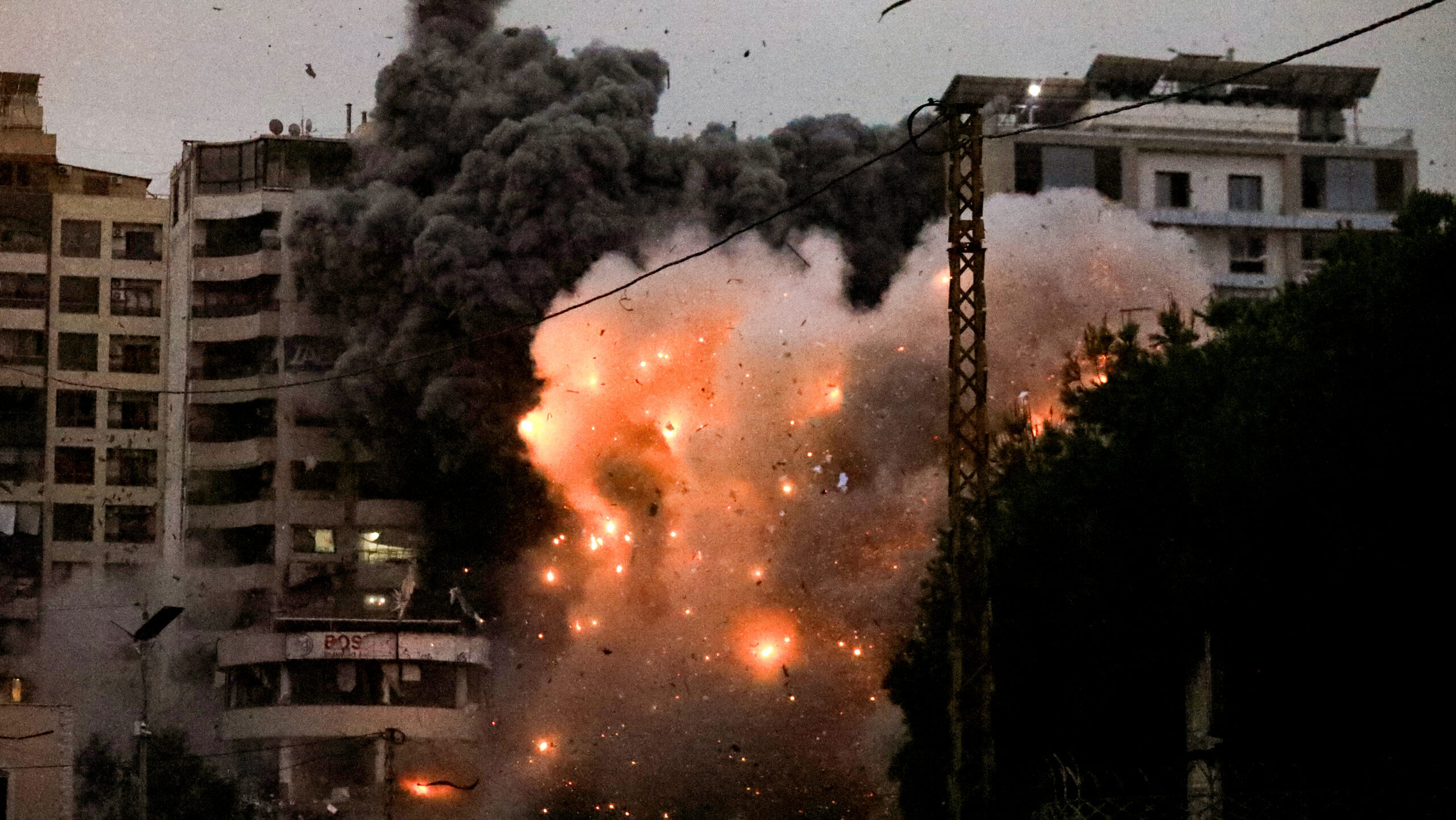Cease-fire Between Israel and Hezbollah Begins as Border Regions Brace for Uncertainty
A cease-fire brokered by the US and France between Israel and the Lebanese armed group Hezbollah took effect early Wednesday, marking a rare diplomatic success after over a year of war sparked by the Gaza conflict.
Lebanon’s army, tasked with implementing the truce, announced preparations to deploy in the country’s south, a Hezbollah stronghold and the focus of intense Israeli airstrikes. Residents of southern border villages, displaced by the conflict, were urged to delay returning home until Israeli forces complete their withdrawal, expected to occur over the next 60 days.
Israeli officials confirmed that forces fired at suspected Hezbollah operatives seen approaching the border shortly after the truce began but said the suspects retreated without further escalation. Defense Minister Israel Katz emphasized that Israeli troops would respond decisively to any cease-fire violations.
The agreement is a major achievement for US President Joe Biden, who announced the truce Tuesday after Israel’s security cabinet approved it in a 10-1 vote. Biden described the cease-fire as a step toward long-term peace, stating, “This is designed to be a permanent cessation of hostilities. Hezbollah and other terrorist organizations will not be allowed to threaten Israel’s security again.”
Under the deal, Lebanon’s army will take control of the southern border region to prevent Hezbollah from reestablishing its military infrastructure. The agreement also provides for international monitoring by the US, France, and other allies.
The 14-month conflict has left a devastating toll on both sides. Lebanon’s health ministry reported 3,500 fatalities, while Israeli officials counted over 100 deaths, mostly civilians. Israeli forces estimate they neutralized Hezbollah’s operational leadership and destroyed much of its rocket arsenal, though the group retains mid- and long-range missile capabilities.

